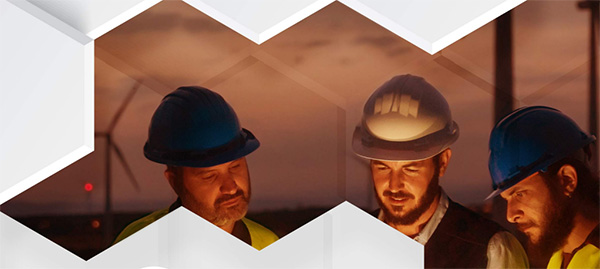

Exploring the
Climate Journey
Welcome to our Knowledge Center, your destination for comprehensive insights into the ever-evolving landscape of sustainability, emissions management, and net-zero strategies. Delve into a treasure trove of wisdom and insights from our experts.
Read this article, authored by Planckton Data’s Managing Partner, Services – James Soos, exploring the evolution of sustainability data management beyond regulatory reporting, to provide crucial decision-quality information for companies navigating the carbon reduction landscape.
This article, co-authored by Planckton Data’s Co-Founder & Chief Digital Officer, Sandeep Roy, and our proprietary Generative AI Co-pilot, Reef-AI, discusses the significance of Product Carbon Footprints (PCFs), challenges in producing good quality PCFs and highlights data’s pivotal role in enhancing PCF accuracy.
Discover the power of Planckton Data’s Honeycomb Model, a holistic and adaptable solution to the intricate challenges posed by the evolving sustainability landscape. Read on to take a proactive step towards a more resilient and environmentally conscious future with actionable solutions.
In the pursuit of net zero emissions, asset-heavy industries such as manufacturing, energy, and transportation are turning to AI and automation. Read on to discover how these technologies address their challenges whilst boosting efficiency, productivity, and sustainability.
The SEC’s proposed climate-risk disclosure rule has sparked intense debates over Scope 3 emissions. This article explores the implications for asset-heavy companies and how they can proactively work towards making Scope 3 emissions accessible, accurate, and verifiable. Read on to learn more.
As LNG becomes the global transformation energy source to lower carbon emissions, suppliers are adopting lifecycle emissions reporting frameworks to provide GHG transparency from well-head to end-use with every cargo being transported. Read on to learn more.
To reduce future tax liability, businesses should focus on getting accurate methane emissions measurements and using that intel to formulate and adopt an emissions reduction plan.
The increasingly urgent need for reimagined sustainability data is supported by several significant pending regulations.
Knowing the exact carbon footprint of LNG shipments to the EU is a regulatory requirement as well as a financial liability since taxes are assessed on excess emissions.










